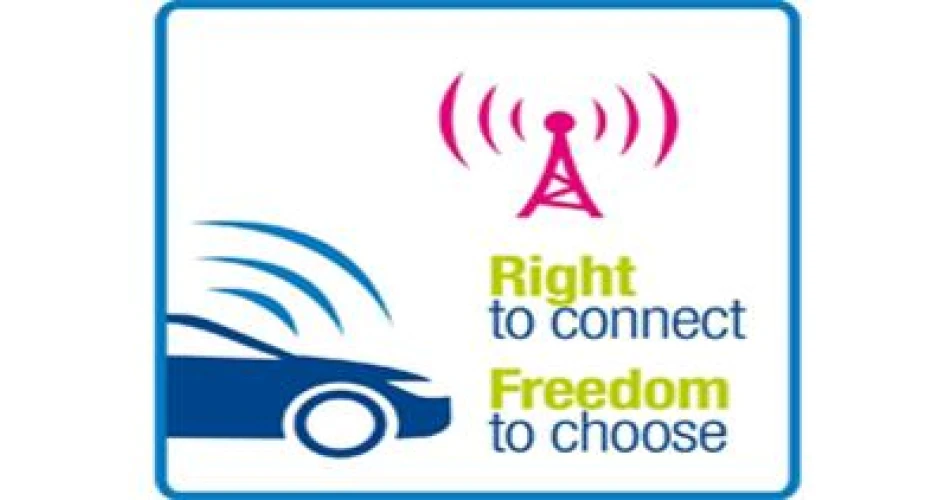Questions regarding the security of vehicle telematics platforms have again come to the fore in recent weeks with a German study highlighting potential loopholes in BMW’s Connected Drive software.
In January a study performed by the German Automobile Club (ADAC) revealed security issues in BMW vehicles equipped with Connected Drive telematics technologies. These flaws in the software would have allowed thieves to unlock doors and track car data through a mobile phone without leaving any trace. BMW quickly addressed the issues and rectified any problems, however, the incident highlighted what is becoming a key issue for both car manufacturers and the aftermarket.
Manufacturers tend to argue that the best way to ensure the security of onboard vehicle communication systems is to have their own closed proprietary systems. However, aftermarket organisations argue that this will limit competition and effectively mean that certain aspects of vehicle repair and maintenance are locked into the franchise network.
European aftermarket body FIGIEFA advocates the creation of an interoperable, standardised and secure telematics platform. It says such an in-vehicle platform would ensure security through state of the art standards, including validation by impartial expert authorities, as well as maintaining healthy market competition.
FIGIEFA, together with a wide alliance of consumer, automotive aftermarket, insurance and leasing company federations, has long advocated secure, interoperable networks for vehicle connectivity. This proposal has been taken up as a principle by the new European eCall Regulation, which makes the installation of new automatic emergency call systems mandatory by 2018.
Sylvia Gotzen, Secretary General of FIGIEFA commented, "An interoperable, standardised, secure telematics platform, as suggested by the eCall Regulation, can provide a secure and open access system and maintain an independent aftermarket necessary for competitive and innovative services, to the benefit of consumers, business and affordable mobility in the EU. We call upon the European legislator to swiftly carry out the mandate received through the eCall Regulation and to avoid delays in the technical implementation”.
